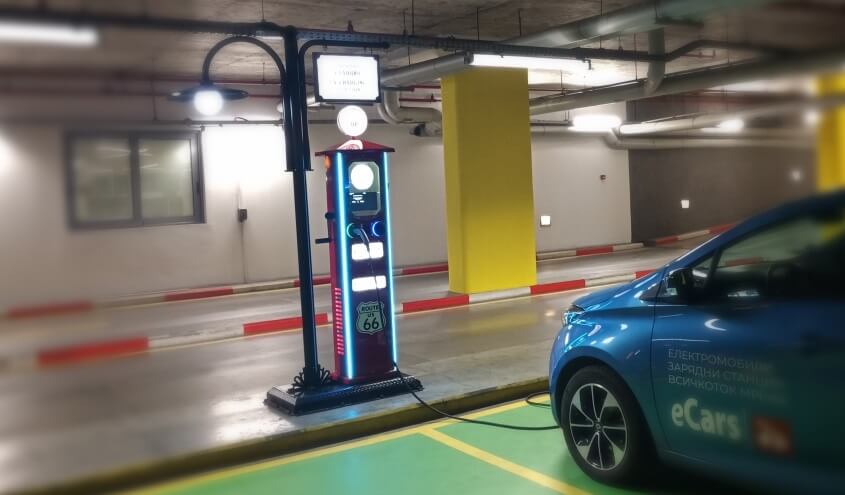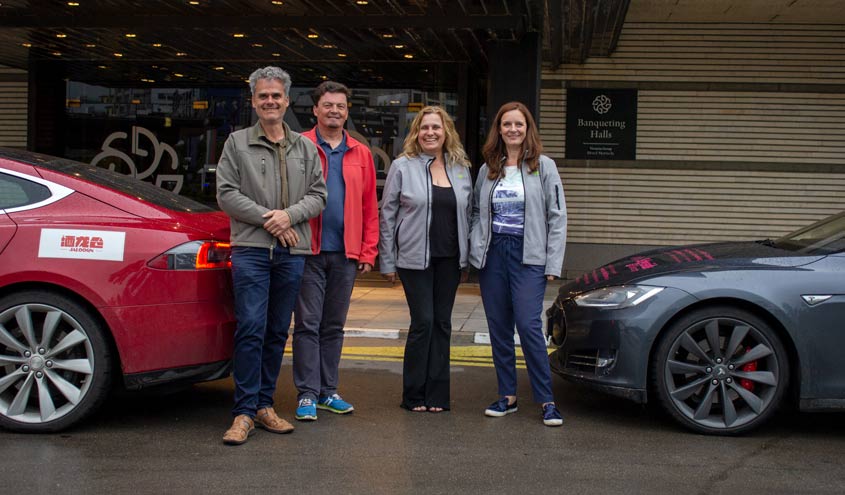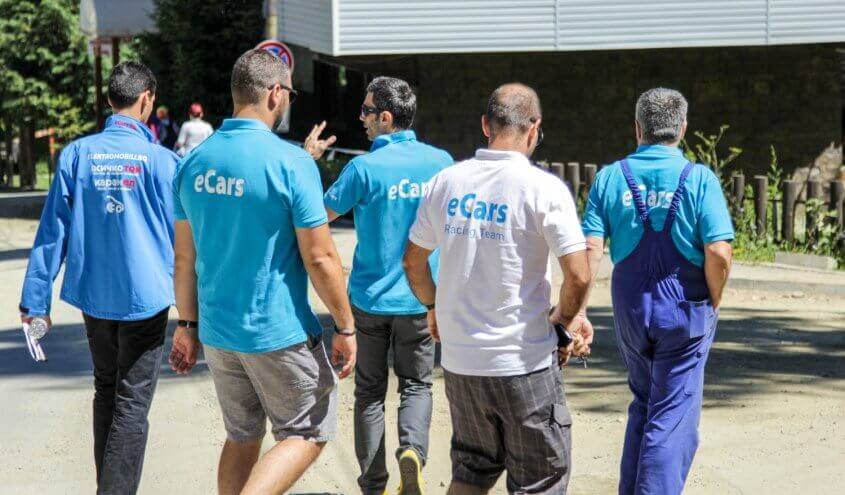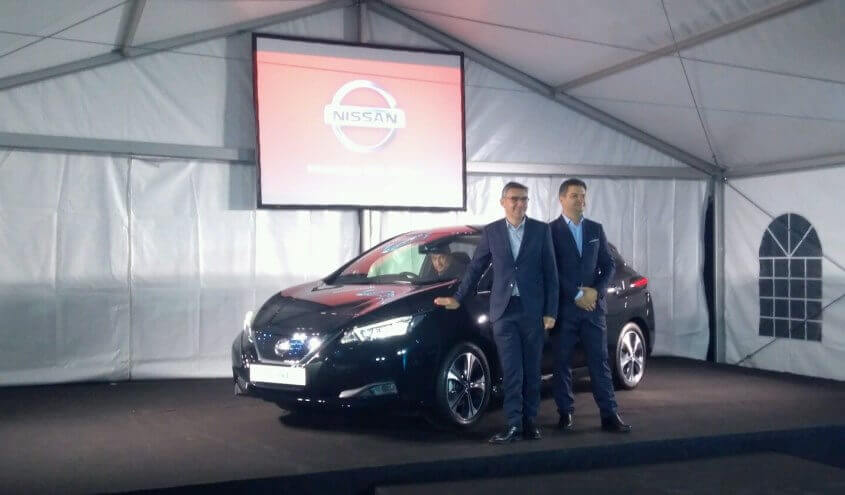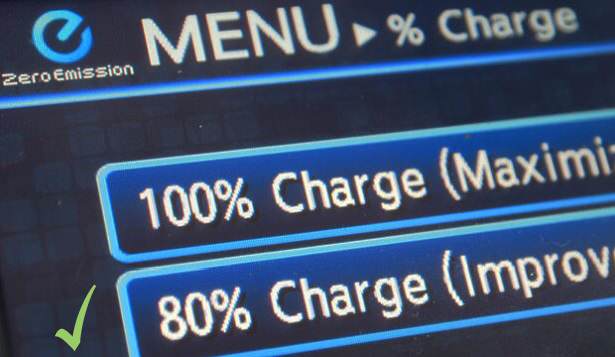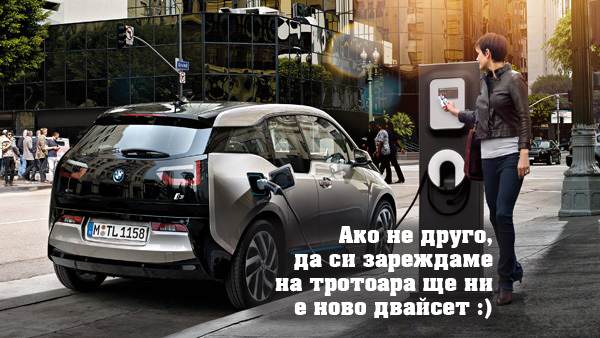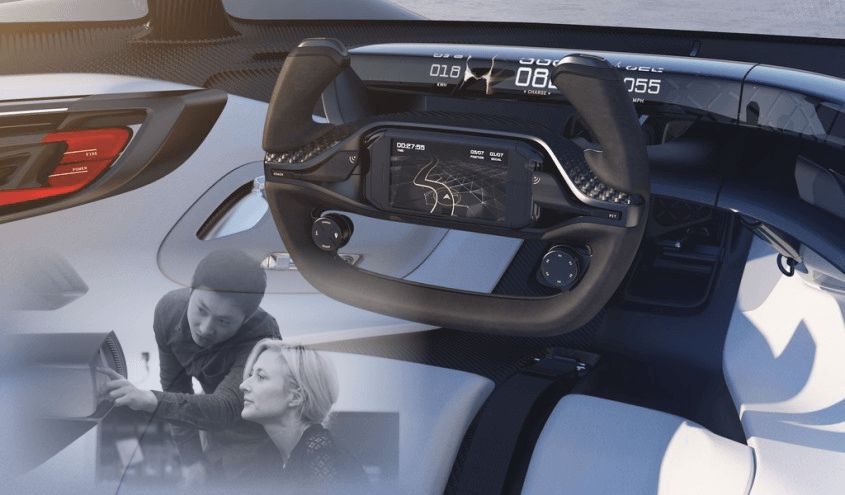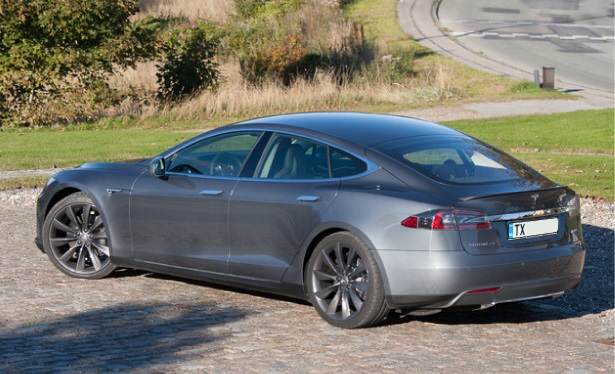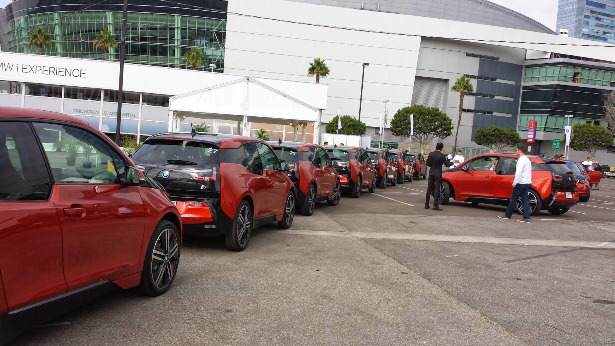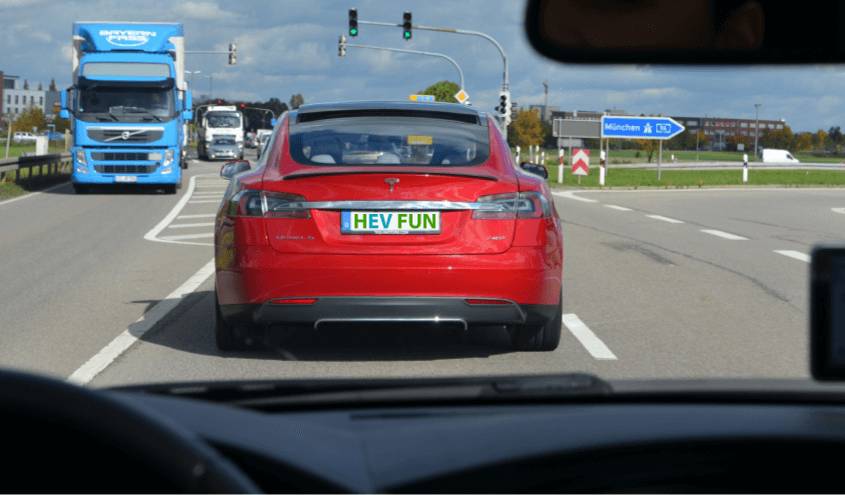In this blog: Good old "until 80% full" – as good to your stomach, as to your EV battery.It's true for every part of your life (and of your EV battery life). But holidays are just another reason to remind you that overeating may be harmful to your stomach, and overcharging, to your EV battery...
You don't even need a saying like "eat your breakfast, share your lunch...". Everyone overate and we all know how bad we can feel afterwards. Overeating usually hinders digestion a lot and could very well be the reason we realized that it's much better to:
Eat until 80% full!
Difficult, huh?To feel (when you reach 80 percent), and to adhere. Or nor? I'll remind you and you'll recall it's not that difficult. Especially when you know it's very likely you'll save yourself a lot of pain and troubles.
HOW DO YOU LEARN TO EAT UNTIL 80 PErcent full
- 1. When you feel first signs of satiety, put the fork and knife aside and stop eating, because at that time your stomach is very likely 80 percent full and if you keep eating you can enlarge it by 20 percent.
- 2. Eat slowly, chew properly and pay attention to the signals coming from your stomach. When you feel some satiety, stop eating even if it's super delicious.
You'll get used to it quickly, because it's very good to your health and can dramatically decrease your potential problems ;).
what's the connection with the ev battery?
Not exactly sure there is direct connection to the 80 percent rule when eating, but at least this is what the battery manufacturers suggest (to charge them to 80 percent full), so there must be a reason. Applies to most of the li-ion batteries I guess – in mobile and other devices, and now in the electric vehicles.
Think of it like this – when 100 percent full, batteries are bursting at the seams with electrons as our stomachs with food. Did you know that last 20% (from 80 to 100 percent) are the slowests in the charging process? Even at quick charging station. It is like the system is trying to protect the battery by limiting the amount of charge to avoid overloading or overheating.
Last 20 percent (from 80 to 100 percent) are the slowests in the charging process?
Here another Did you know... that regenerative braking usually does not work when battery is full. It's quite simple – when your battery is full you just can't stuff more electrons inside, right? So if you're going to charge it to 100 percent, remember that you can't use the regen system immediately and need to adjust your driving style.
And finally, when your stomach whines it usually makes you feel uncomfortable. Yes, you shouldn't leave it empty for a long time. Kind of same with batteries. Full discharge is not a treatment they love to get. And leaving them empty for a long time as well. They prefer partial dis/charging. And because their cells don't have memory effect, partial discharge does not harm them.
But don't be affraid even if you get stranded. Battery won't be damaged – it usually has 10 percent reserve (unavaibale to move the car with), to be sure there always be some juice inside...
OK, so you're the one to decide what to do with your stomach and EV battery. I can only wish you Happy Holidays, healthy stomach and troublesome battery. Cheers!
eCars.bg



